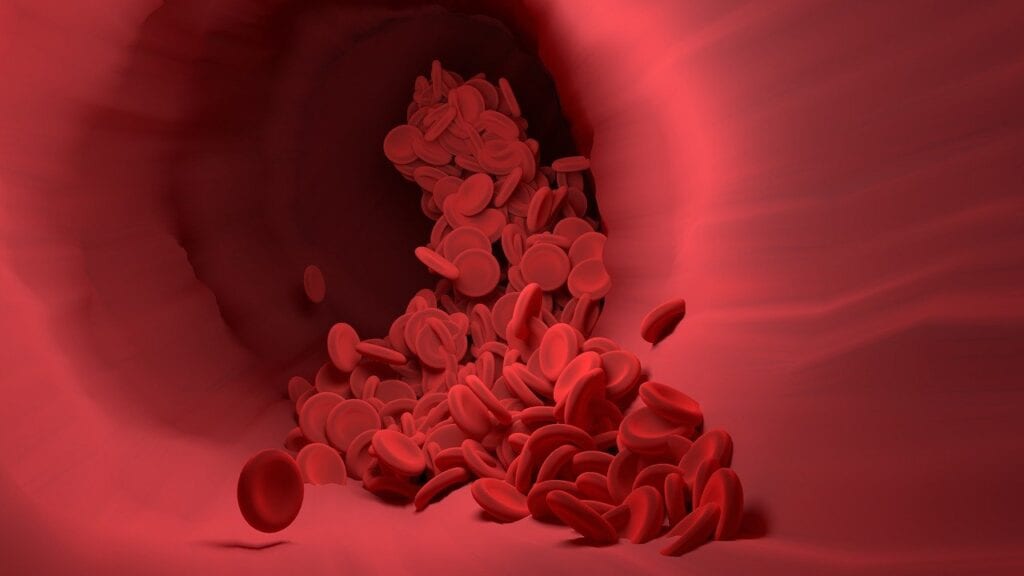A recent study published in the journal Blood Advances has documented that hematopoietic stem cell transplantation (HSCT) is both safe and effective for children with many different kinds of inherited nonmalignant conditions such as sickle cell disease, Hunter syndrome, Krabbe disease, thalassemia, metachromatic leukodystrophy, and various types of immunodeficiency. In total, 44 different disorders were included in the study.
Previously, the reduced-intensity conditioning prior to the transplant was documented to be associated with both infections and graft failure for those who had not previously had chemotherapy. That is because this type of therapy was not meant for these individuals, it was meant for those with leukemia. This study was able to develop a new regimen that produced the same efficacy and better safety.
The Study
This study was completed by a team at UPMC Children’s Hospital in Pittsburgh. The senior author on this study was Paul Szabolcs. It first began in 2012, with its predecessor beginning in 2008. The regimen tested include a combination of drugs including- hydroxyurea, alemtuzumab, fludarabine, thiotepa, and melphalan. Researchers believe it could be so advantageous because the drug concentrations can be altered in order to create the right formula for each patient.
This formula was designed to keep the well-renowned chemotherapy backbone and add alemtuzumab with a ATG serotherapy.
Patients were divided by rejection risk. Standard risk included those without an immunodeficiency or a condition like thalassemia. High rejection risk included patients with thalassemia sickle cell. A low rejection risk was also included. Also evaluated was lymphocyte count to evaluate prior viral infections.
This trial included the greatest number of diseases ever studied in this area. Additionally, it included all 3 of the major types of inherited diseases. These are conditions of the immune system, the lysosomal storage system, and of the bone marrow. Across 20 different conditions, the results were successful. There were very few cases of mortality.
Donor Leukocyte Infusion
Donor leukocyte infusion (DLI) was also studied in this trial. Essentially this involves translating 95% of the graft and saving 5% for later. A month after the transplant the last 5% is infused. This serves as a boost to the immune system for the patient.
In this trial, this method was used for 20 patients. All of these patients had earl signs of immune reconstitution. This is beneficial because the alemtuzumab, while important, has a negative effect on immune reconstruction. A month after transplantation, alemtuzumab has gone away, meaning it is the perfect time to boost the immune system.
Hopefully, a multi center trial of this investigation will follow.
You can read more about this trial here.








